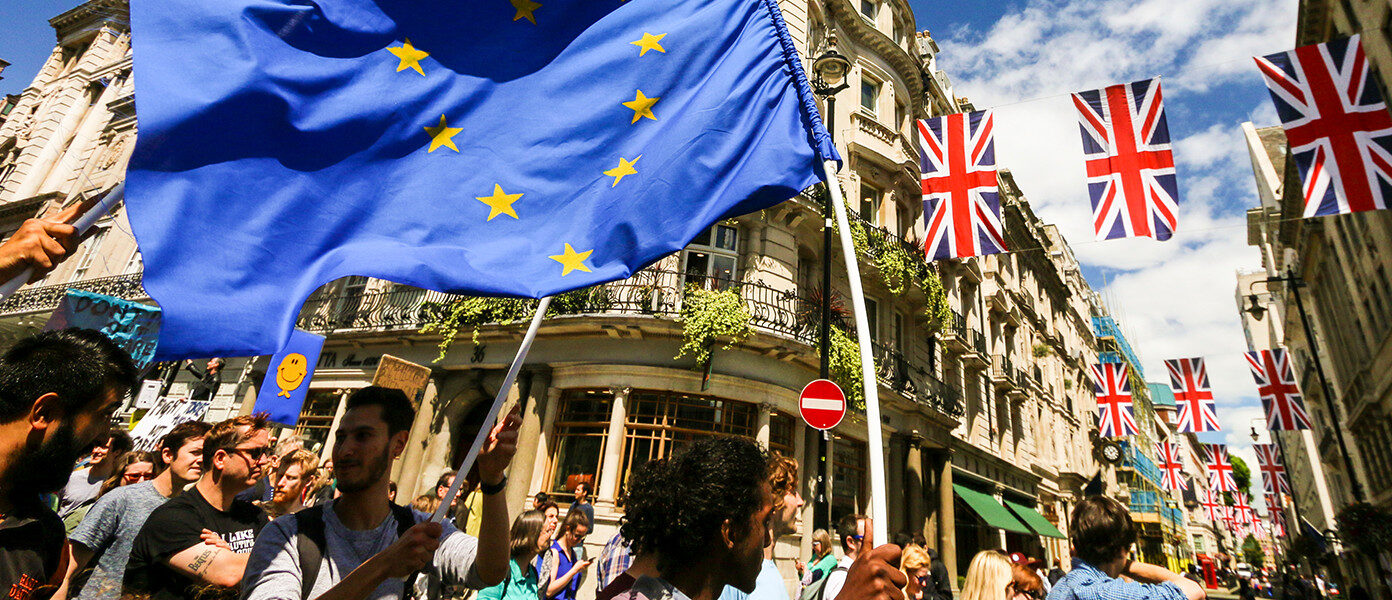Trump, Brexit and European politics


The economic hardship, political dissatisfaction and concern over immigration that may have contributed to Donald Trump’s victory in the US is also present in Europe. Now, anti-establishment parties are taking their cues from the Brexit result and Trump’s win.
At this stage, no poll points to a clear victory for anti-establishment parties in upcoming votes in Italy, Austria, the Netherlands, France and Germany. However, investors are understandably cautious about trusting opinion polls.
In figures 1 and 2 we sense-check the likelihood and possible consequences of an upset to the expected outcome. Italy’s result could be disruptive. Austria’s could be a shock. The stakes are highest in France’s case, but we see low probability of a surprise outcome.
If we assume 80 per cent turnout for France’s presidential election in 2017, a conservative scenario compared with historical figures, and that the National Front party (FN) gains 30 per cent in the first round of voting (current polls indicate 25-30 per cent), about 11 million people would vote FN.
To win the 2017 presidential elections in the second-round run-off, the FN would need around 19 million votes, which means anti-European Union leader Marine Le Pen would need to secure almost three times more votes than the FN’s record 6.8 million votes last year. This constitutes much more than a few swing voters: it would mean the transfer of close to all votes from smaller parties, whether from the hard-left, communist, moderate-left, centre-right, Greens and, in addition, some votes from both mainstream right and left-wing supporters.
Even if turnout plummeted to 70 per cent (as it did in 1969, a very unusual election following the resignation of Charles de Gaulle), all other things being equal, it would be a tough victory to pull off. The FN would have to add 5 million votes – an additional 75 per cent versus its previous record of 6.8 million – to win the presidency. A scenario that we think is unlikely.
Important disclosures regarding Standard Chartered Global Research content can be found in the Global Research Terms & Conditions.